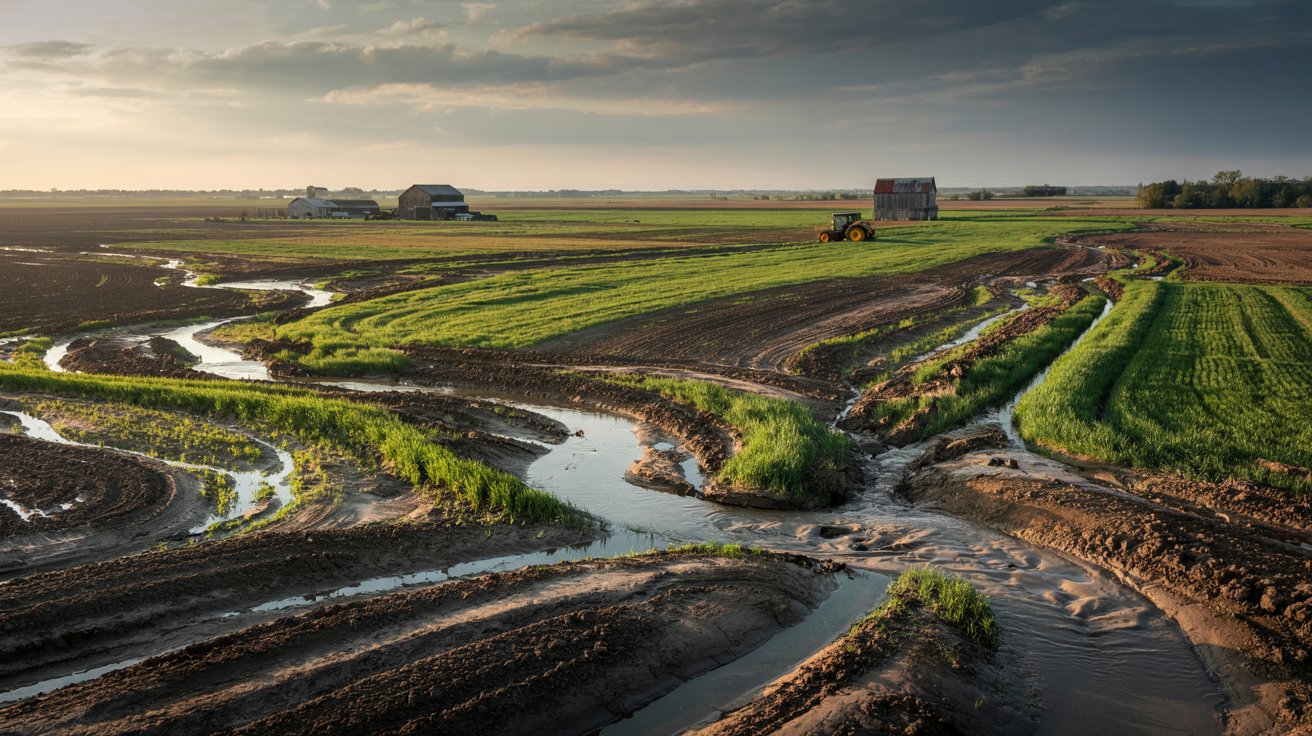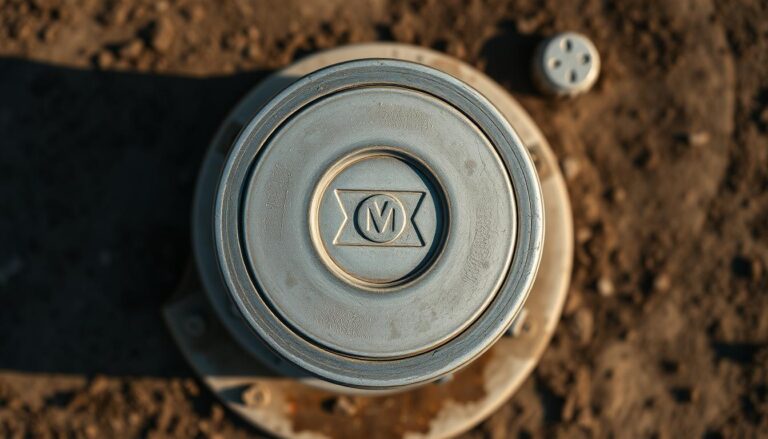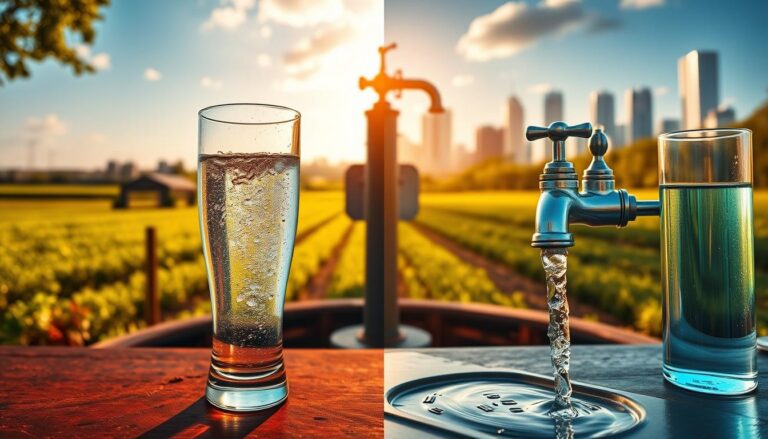Is Well Water Hard or Soft: Understanding Water Hardness
Is the water you drink from your well hard or soft? Understanding the hardness of water can significantly affect not just how it tastes, but also how it interacts with your plumbing, appliances, and even your skin and hair. In this piece, we’ll help you uncover the ins and outs of water hardness, particularly from wells, and what it means for you.
When it comes to the hardness or softness of well water, the answer can vary significantly based on several factors, including geographical location, the geological composition of the area, and the specific characteristics of the aquifer from which the water is drawn.
What is Water Hardness?
Water hardness refers to the amount of dissolved minerals, primarily calcium and magnesium, found in your water. The higher these minerals are present, the harder the water. Conversely, water with low mineral content is referred to as soft water. Understanding where your well water fits into this equation can help you manage its use effectively.
Why Does Water Hardness Matter?
Knowing whether your water is hard or soft goes beyond just taste. Hard water can lead to various issues in your home, including:
- Scale Build-Up: Calcium deposits can accumulate in your pipes and appliances, reducing efficiency and increasing energy costs.
- Soap Interaction: Hard water doesn’t lather well with soap, leading to wasted products and less effective cleaning.
- Skin and Hair Effects: People with hard water may experience dry skin and tangled hair.
By understanding the hardness of your water, you can make better choices regarding appliances, plumbing maintenance, and personal care products.
How is Water Hardness Measured?
Water hardness is measured in grains per gallon (gpg) or parts per million (ppm). Here’s a simple breakdown:
| Water Hardness Level | Grains Per Gallon (gpg) | Parts Per Million (ppm) |
|---|---|---|
| Soft | 0-3 gpg | 0-50 ppm |
| Moderately Hard | 3-7 gpg | 50-120 ppm |
| Hard | 7-10.5 gpg | 120-180 ppm |
| Very Hard | More than 10.5 gpg | More than 180 ppm |
With this scale, you can get a clearer picture of your water’s composition.
Sources of Water Hardness
You might wonder where those minerals come from. The hardness of well water is primarily influenced by the geological composition of the area where the well is drilled. Here are the main sources of hardness:
1. Mineral-Rich Soil and Rocks
As water travels through the ground, it picks up minerals from soil and rocks like limestone, gypsum, and dolomite. The more mineral-rich the area, the harder your well water tends to be.
2. Agricultural Runoff
Fertilizers and soil amendments used in farming practices can introduce additional minerals into the groundwater. This runoff can alter the hardness levels of your well water.
3. Natural Deposits
In some regions, underground aquifers contain high concentrations of dissolved minerals that can leach into your well water, contributing to its hardness.
Understanding these sources helps you appreciate why your water hardness levels might change over time or vary from those of your neighbors.
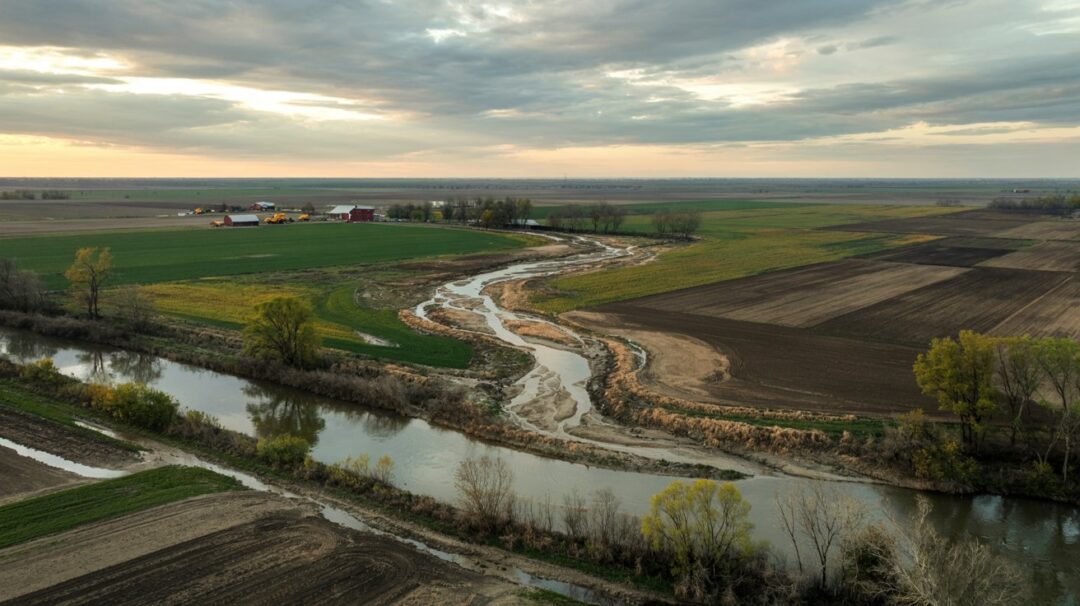
Testing Your Well Water for Hardness
Before you can address any concerns about water hardness, you’ll first want to test it. Here’s how you can go about it:
1. Home Testing Kits
You can purchase simple home testing kits from hardware stores or online. These kits usually involve filling a vial with your water and adding test strips or reagents that will change color based on hardness levels.
2. Professional Testing Services
For a more comprehensive analysis, consider sending a water sample to a professional lab. They can analyze a broader array of components in your water, including hardness.
Testing is essential; it helps you understand how to treat your water if necessary.
What Do You Do If Your Well Water is Hard?
If you discover that your well water is hard, there are several treatment options available to you, ensuring you have the best possible water for your home.
1. Water Softening Systems
One of the most popular solutions for hard water is installing a water softener. These systems use a process known as ion exchange, which helps to remove calcium and magnesium ions from the water. Instead, sodium or potassium ions are introduced, resulting in softer water.
2. Reverse Osmosis Systems
These systems work by forcing water through a membrane that filters out impurities, including minerals causing hardness. This is particularly effective if you use the treated water for drinking and cooking.
3. Descaling Agents
If you aren’t ready to invest in a softening system, consider using descaling agents that can help reduce scale buildup in appliances and fixtures. However, these are temporary fixes and will not change the hardness of the water itself.
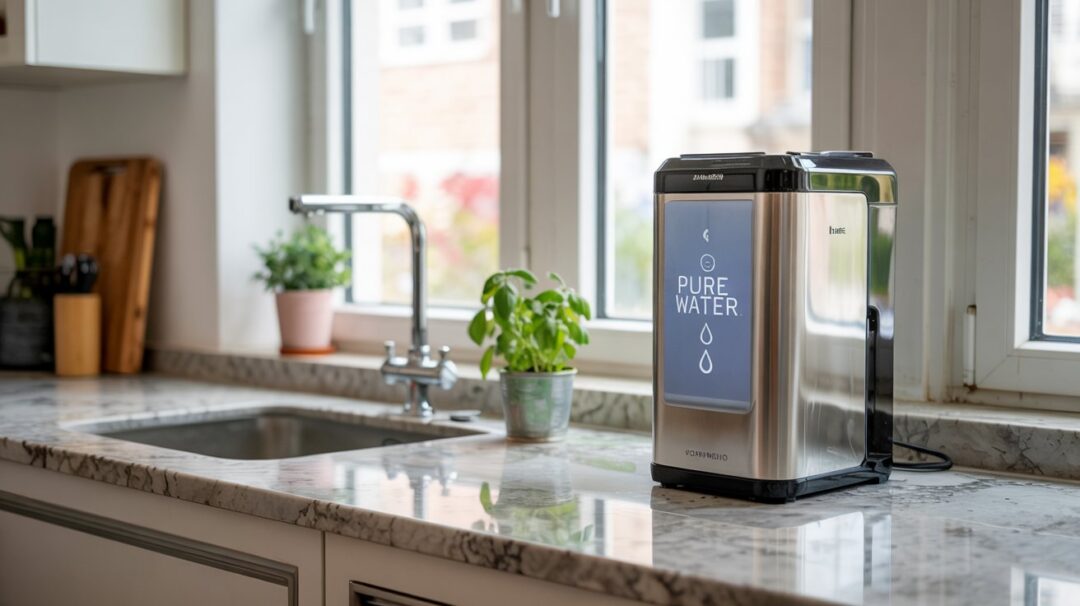
The Pros and Cons of Hard Water
Understanding the advantages and disadvantages of hard water can further clarify how it affects your daily life:
Pros
- Mineral Content: Hard water contains vital minerals such as calcium and magnesium, which can be beneficial for health.
- Taste: Many people prefer the taste of hard water compared to soft water because of the minerals present.
Cons
- Plumbing Issues: Hard water can cause buildup in pipes, leading to clogs or lower water pressure.
- Laundry Problems: Clothes washed in hard water may become dingy or feel stiff due to mineral deposits.
By weighing these pros and cons, you can determine whether to embrace your well’s hardness or take measures to soften it.
The Effect of Hard Water on Appliances
Your household appliances can also be significantly impacted by the hardness of your water. Let’s look at some common appliances and how they are affected:
1. Water Heaters
Hard water can generate limescale buildup inside your water heater, reducing its efficiency and lifespan. Regular maintenance and flushing out the unit can keep this issue at bay.
2. Dishwashers
Mineral deposits can lead to dull dishes and glasses, as well as potential damage to the appliance itself. Using a water softening agent or running the dishwasher with a vinegar rinse can help mitigate these effects.
3. Washing Machines
Over time, hard water can lead to buildup in washing machines, affecting their performance. Using specialized detergents designed for hard water or incorporating a water softening system can help keep your laundry fresh.
By understanding how hard water interacts with your appliances, you can better care for them and extend their lifespan.
The Impact of Hard Water on Skin and Hair
For many, the effects of hard water are most noticeable when it comes to personal care. Here’s what you might experience:
1. Dry Skin
The minerals in hard water can strip moisture from your skin during bathing, leading to dry, itchy skin. Using a moisturizing soap or lotion can help counteract this effect.
2. Hair Issues
Hard water can make it challenging to rinse out shampoo and conditioner, leading to buildup and dullness. Many people find that switching to clarifying shampoos or using a vinegar rinse can help alleviate these issues.
By understanding the impact of hard water on your skin and hair, you can make informed choices about your personal care products.

Alternative Water Sources
If hard water proves to be a persistent issue that you prefer not to deal with, consider exploring alternative sources for your water needs.
1. City Water Supply
If you’re within city limits, connecting to municipal water may provide a solution for some. City water has its own challenges, but it is often treated and tested for hardness.
2. Bottled Water
For drinking and cooking, consider using bottled water with a softer profile. While not an ideal long-term solution, it can help you avoid the downsides of hard water in meals and beverages.
Choosing alternative water sources can provide immediate relief, but weigh the environmental and financial impacts of those decisions as well.
Conclusion: Making the Best of Your Well Water
Your well water’s hardness affects various aspects of life, from appliance maintenance to personal care. By testing your water, understanding its hardness, and exploring treatments or alternatives, you empower yourself to make informed choices that improve your water quality. Whether you embrace the natural minerals in hard water or decide to soften it, knowing your options enables you to take greater control of your daily life.
Remember, each region’s water quality can vary, so staying informed will help you ensure the best experience for your home and family.

